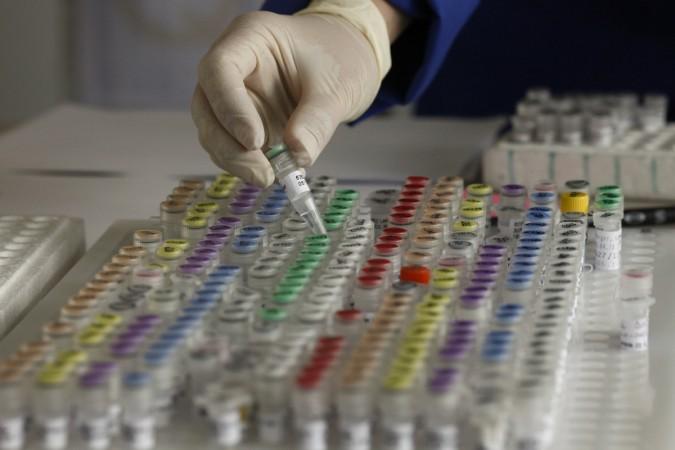
Science has come a long way since losing a leg meant a long life of bed rest. Today scientists have the technology to develop embryonic stem cells into anything from skin cells, heart cells and neurons (nerve cells) and develop organs ranging from kidneys, hearts, and vaginas. Admirably, the scientists at the Wake Forest Institute for Regenerative Medicine have added one more body part to that list: penis.
Led by Anthony Atala, director of the Wake Forest Institute, the researchers started out by crafting penises for rabbits back in 2008. Following the research it was found that the rabbit had normal sexual function and produced offspring, making it the most complete replacement of functional penile erectile tissue.
"Further studies are required, of course, but the results suggest that the technology may be useful in the future for patients who need penile reconstruction," Atala, had said following the success of the tests on rabbits.
"The rabbit studies were very encouraging," he noted. "But to get approval for humans we need all the safety and quality assurance data, we need to show that the materials aren't toxic, and we have to spell out the manufacturing process, step by step."
The fund for the study came from the US Armed Forces Institute of Regenerative Medicine, which hopes to use the engineered penises to help soldiers with battlefield injuries, reported The Guardian.
The process for the development of lab-grown penises begins with taking cells from the remainder of the recipient's penis and growing them in the lab for four to six weeks. This reduces the risk of the recipient's body rejecting the new organ. They also take a donor penis, wash it with detergent to kill all the living cells, and use this as a collagen frame - or scaffold - on which to build the new penis.
Since the method uses a patient's own penis-specific cells, the technology will not be suitable for female-to-male sex reassignment surgery.
The scientists hope to get the engineered penises approved by the US Food and Drug Administration within five years, and immediately start testing them on human subjects.
Atala's team is presently working on 30 different types of tissues and organs, including the kidney and heart. They bioengineered and transplanted the first human bladder in 1999, the first urethra in 2004 and the first vagina in 2005.
The lab-grown penises would benefit men who have suffered injuries in the pelvic region or undergone surgery for cancer, as well as those born with congenital abnormalities.













